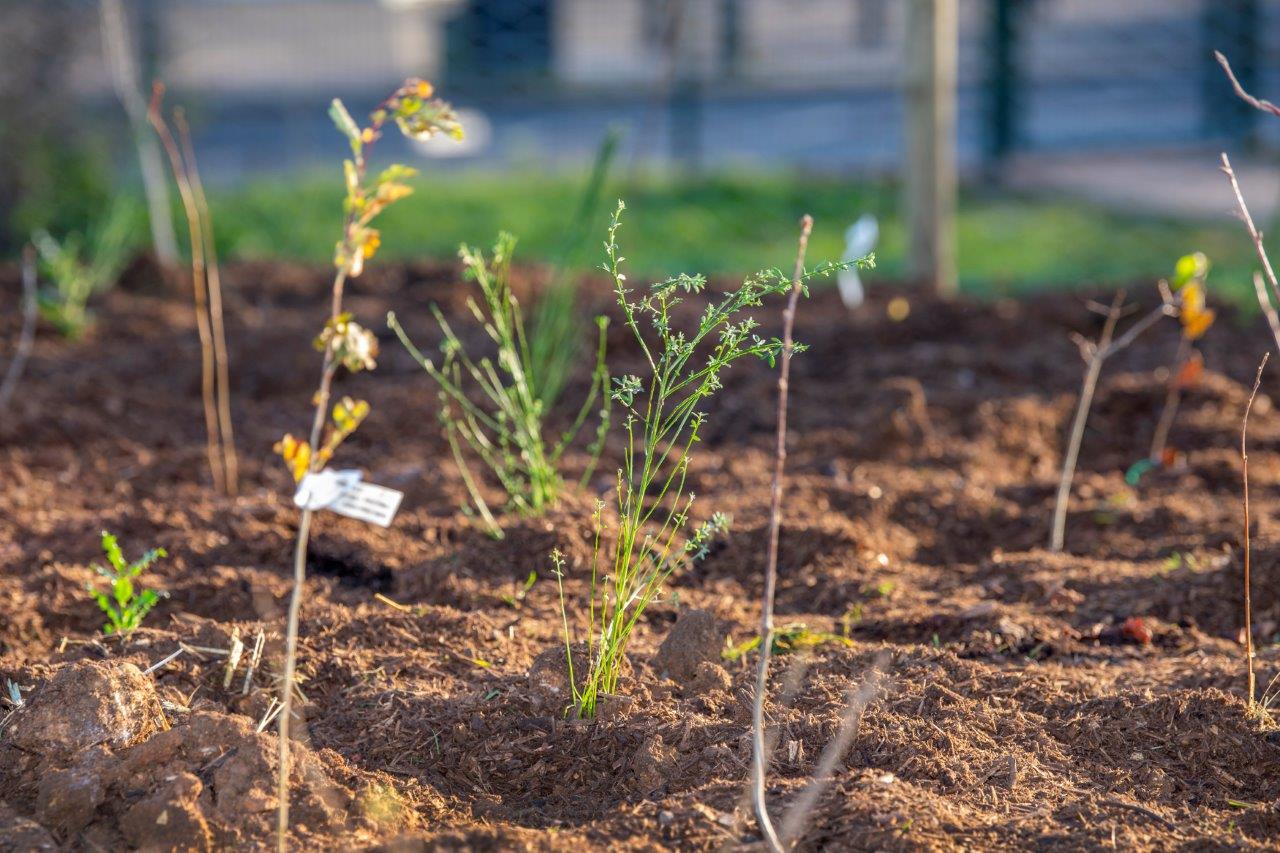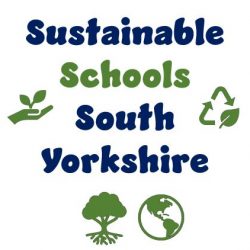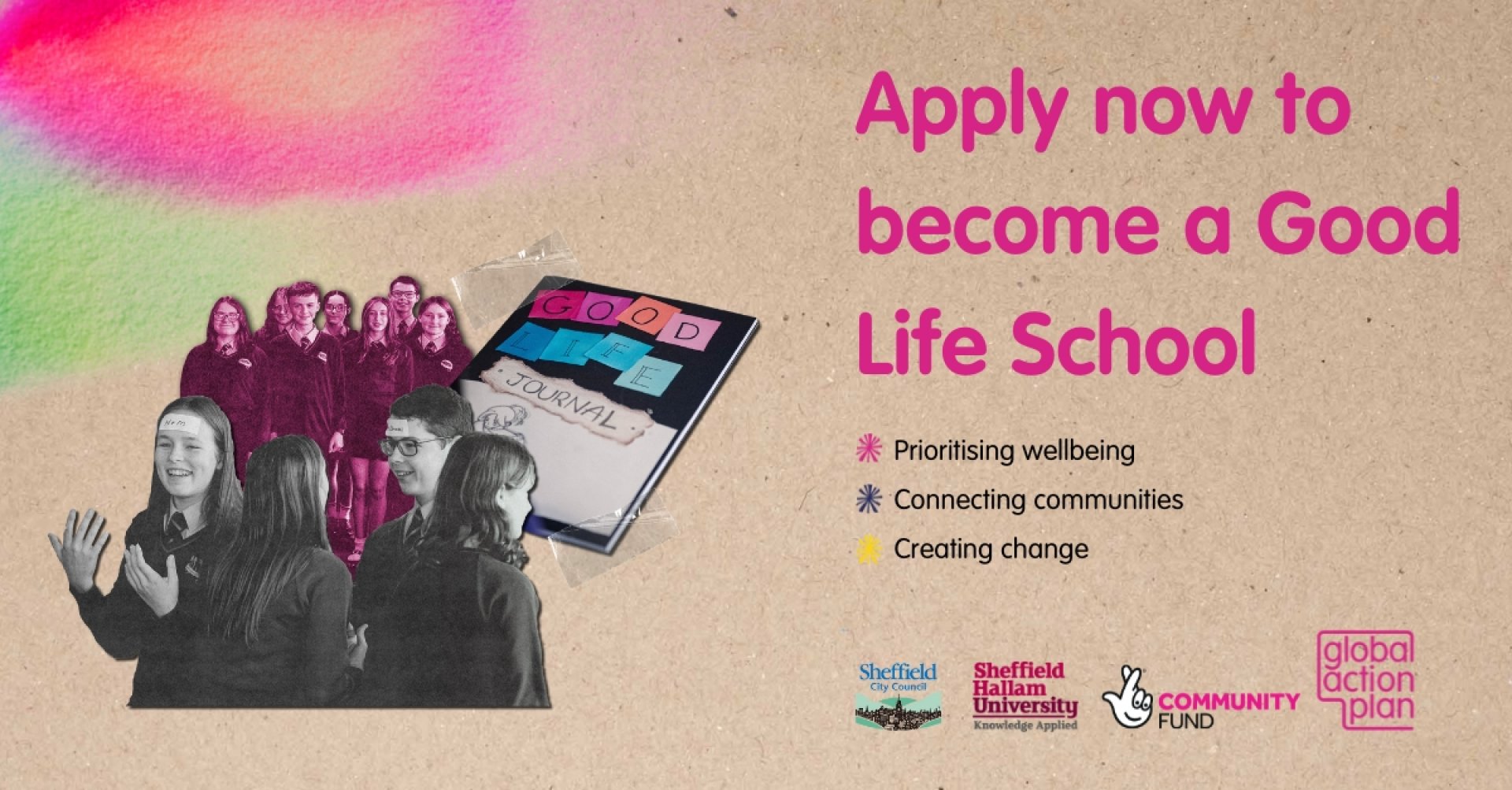Prof. Aimee Ambrose, Sheffield Hallam University
Standing in the playground at my daughter’s school in summer, my eyes are always drawn upwards. Few other people seem to notice the fast and stealthy flight of the prehistoric birds overhead. They are Swifts and they have nested in the eaves of the 19th Century school for as long as anyone can remember. There are about six nesting pairs at the school these days and they cause no problems at all, going unnoticed most of the time, aside from their occasional aerial acrobatic displays. Children participating in the school’s Eco Club are encouraged to look up and appreciate the world’s fastest bird in level flight, that make their homes in their school.

Swift leaving brick – copyright Simon Stirrup. Accessed via Sheffield Swift Network
Swifts are incredible birds – they migrate from central Africa every spring to breed in the cooler climes of Northern Europe. They can travel at 60mph and cover 500 miles a day on their migration. Swifts eat, sleep and breed while flying. They never stop for a perch or a rest- they simply rest half of their brain, while the other half keeps them moving. Swifts are truly prehistoric, having survived the mass extinction that killed the dinosaurs. They navigate their way to the exact same spot every year to breed and do so every year of their adult lives. They are faithful to their nesting sites and if they are unable to access them, they will die trying to gain access. Swifts are just one variety of ‘cavity nesting species’, a group that also includes House Sparrows, Starlings and various species of Bat. House Martins and Swallows may also be considered cavity nesters, but they tend to build nest cups out of mud attached to the outside of a building, rather than tucking themselves on the inside.

Starling leaving a nest brick. Copyright Hugh Hastings. Accessed via Sheffield Swift Network.
All of these species are in steep and rapid decline (all with Red Listed status, meaning they are at risk of extinction). The threats facing cavity nesting species are myriad, but chief amongst them is loss of nesting sites. For millennia, cavity nesters have made their nests in our homes, tucking into tiny nooks and crannies under the roofline. But, we are blocking up these small gaps more than ever, often in pursuit of greater energy efficiency in our buildings. Many people making improvements to buildings, whether it’s installing a new roof, boosting insulation or just fitting new fascia boards or guttering, will have no idea that they are contributing to the decline of wildlife.
Government has recently launched a long overdue programme to boost the energy efficiency of public buildings, including schools. This investment is to be welcomed and will make schools more thermally comfortable and reduce running costs. But, there is a hidden risk in rolling out schemes like this. The preponderance of older school buildings in the UK, with their abundant imperfections in the brick and stonework, appeal hugely to cavity nesting species. Forging ahead with works without an ecological survey risks harming already vulnerable species and breaking the law. Disturbing or blocking access to an active nest site is illegal in the UK, whether you realise you are doing it or not. Erecting scaffolding that blocks access to the eaves, also counts as blocking access.
Cavity nesting species make important contributions to healthy eco-systems and will do no harm to a building. Indeed, hosting cavity nesting species in your school provides the best possible opportunity for children to learn about and be close some of our most astonishing and vulnerable wildlife.
If you’re (very wisely) considering taking advantage of subsidies to improve energy efficiency in your school, then take the opportunity to learn about the wildlife that might be very quietly securing its future within your buildings first. This is more likely in older school buildings, but can occur in buildings of almost any age, where there are small gaps in the brick or stonework or under roof tiles. Ensuring that any work (whether investigatory or more substantial) takes place outside of the nesting season (which runs from late April until September), will avoid any harm to wildlife.

Four Swift bricks installed in a gable end. Copyright Merv Page. Accessed via Sheffield Swift Network.
Whether you have wildlife nesting or roosting in your building or not, consider making provision for it while you’re doing work by installing as many universal nest bricks as you can- they can accommodate most types of cavity nesting birds and bats and never need any maintenance. They cost as little as £30 each plus installation costs and can be transformational for cavity nesters. Other solutions also exist if nest bricks aren’t possible, including nest boxes that affix to the outside of a building or integral nest boxes that sit inside soffits. For more information on solutions that can benefit all cavity nesting species, visit Sheffield Swift Network’s (SSN) website: www.sheffieldswiftnetwork.org
Feel free to contact me for further information: a.ambrose@shu.ac.uk






